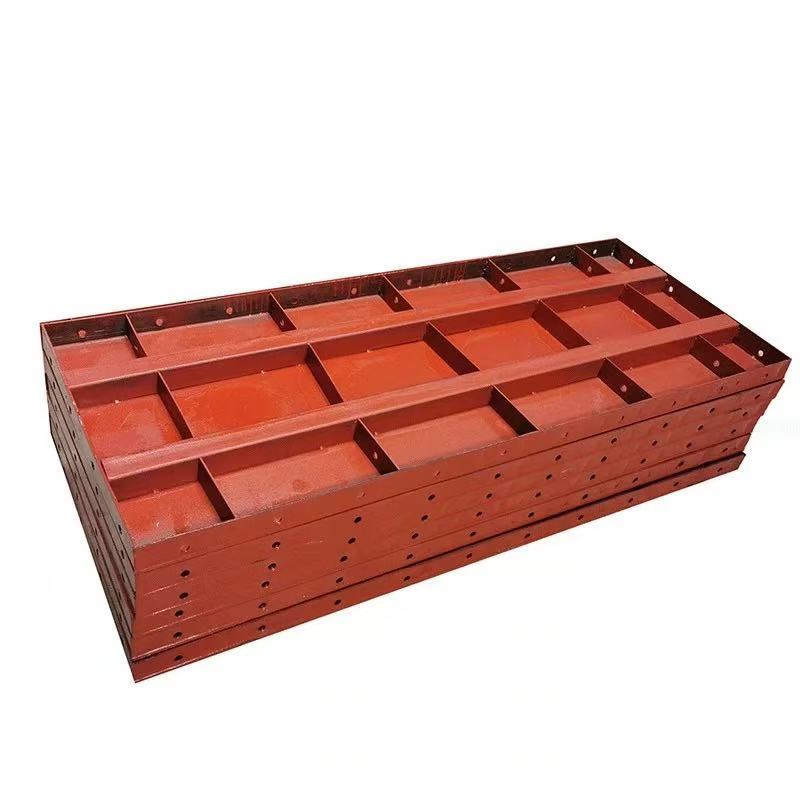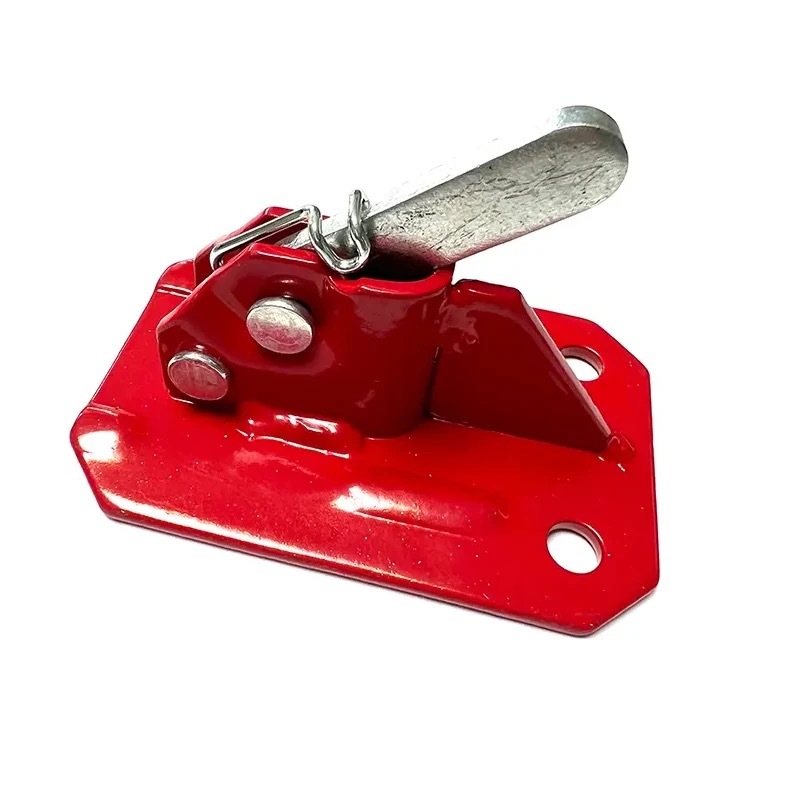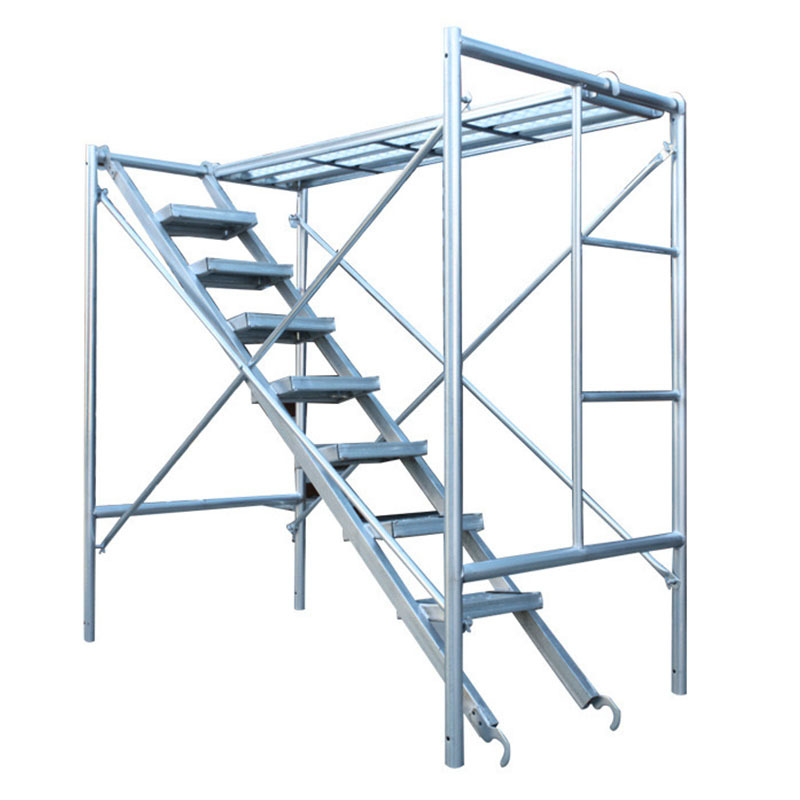Understanding Steel Formwork: The Backbone of Modern Construction
Steel formwork is a system used to shape and support concrete structures during the curing process. Unlike traditional timber formwork, steel offers a range of advantages that make it a preferred choice for many construction projects. One of the primary benefits of steel formwork is its strength and durability. Steel can withstand the high pressures exerted by wet concrete, ensuring structural int

In terms of efficiency, steel formwork is often considered superior due to its quick assembly and disassembly capabilities. Many steel formwork systems come pre-engineered and can be erected in a fraction of the time required for timber. This speed not only reduces labor costs but also accelerates project timelines, making it particularly beneficial for large-scale developments.
There are various types of steel formwork available, each catering to specific construction needs. Traditional steel panels are commonly used for flat surfaces, while modular systems can be adapted to complex shapes and designs. Additionally, some systems incorporate features like adjustable heights and angles, allowing for greater flexibility in construction. This adaptability makes steel formwork ideal for a wide range of applications, from residential buildings to large industrial structures.
Another significant advantage of steel formwork is its precision. Steel panels are manufactured to strict tolerances, which helps achieve smooth concrete finishes. This level of accuracy minimizes the need for extensive finishing work, thereby saving time and resources. Furthermore, the reduction of seams and joints in steel formwork helps prevent leakage, ensuring that the concrete remains unblemished and structurally sound.
In terms of environmental impact, steel formwork is often viewed as a more sustainable option. Since it is reusable, it generates less waste compared to single-use materials. The longevity of steel formwork also means fewer resources are consumed over time, making it a more eco-friendly choice for construction projects.
In conclusion, steel formwork stands as a vital element in modern construction practices. Its strength, efficiency, versatility, and environmental benefits make it an attractive option for construction professionals. Understanding the various aspects of steel formwork can help builders and contractors make informed decisions that enhance both the quality and sustainability of their projects. By incorporating steel formwork into their practices, construction teams can improve their project outcomes and ultimately contribute to a more sustainable industry.
Key words:
PREVIOUS:
PRODUCT SEARCH
Search And Quickly Find The Products You Need
With advantages in technology, quality, and service, the company is steadily advancing in the industry, continuously providing high-quality hydraulic rubber products and services to global customers, demonstrating strong development potential and broad market prospects.










